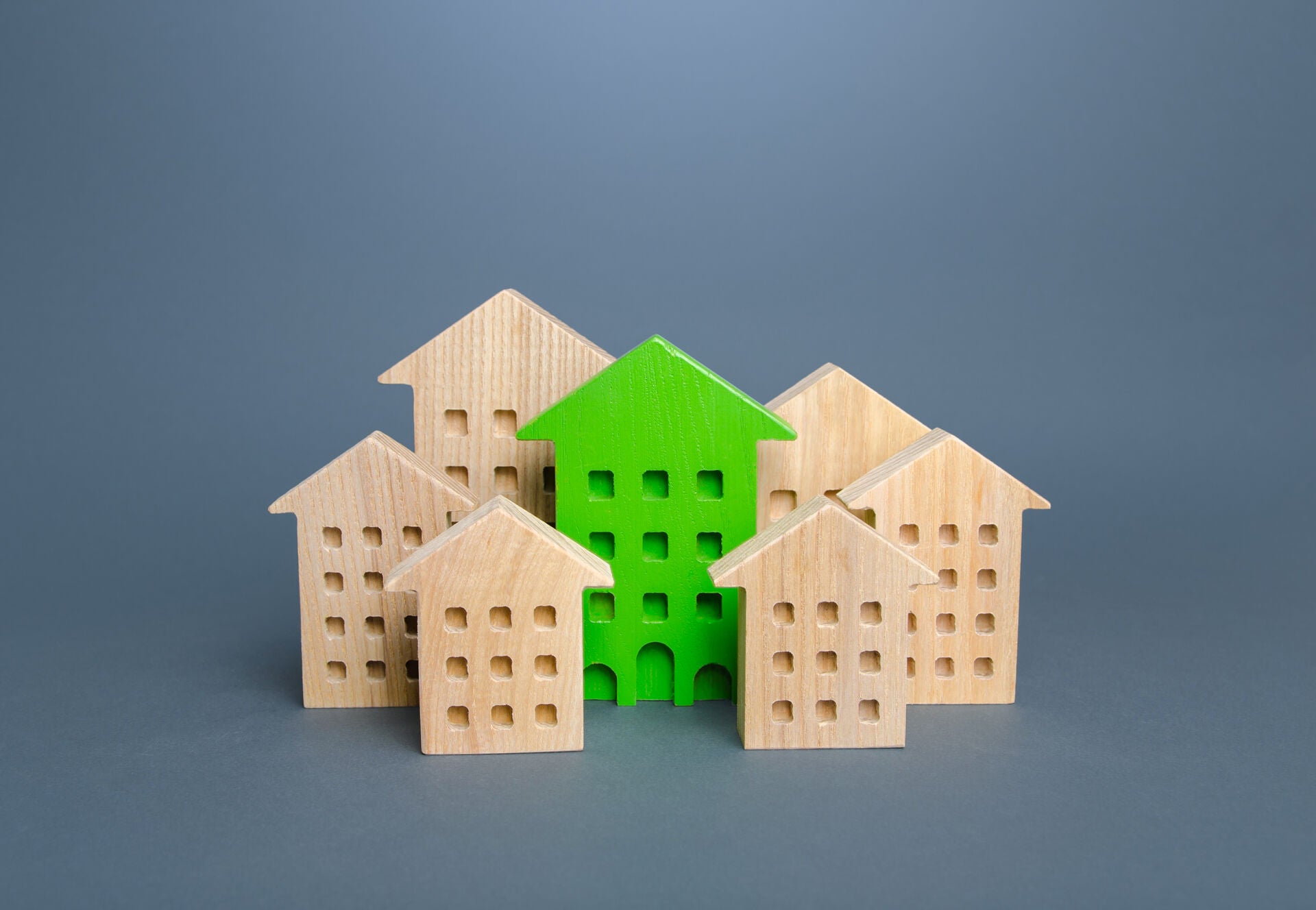Greener pastures

As a country under pressure to play its part in reducing greenhouse gas emissions, sophisticated green building principles are now at the forefront of consideration for policy-makers, property developers and budding house-hunters. Bayleys investigates the significance of New Zealand’s climate change targets and what they mean for the housing market.
Once the realm of a select band of activists, climate change is an issue of national importance with Kiwis now more engaged in playing their part to reduce greenhouse gas emissions.
Where data from Statistics New Zealand has found households are the largest contributor to the country’s carbon footprint, with some 71 percent of our output attributed to the way we use power and water, people are paying greater attention to home efficiency.
CLIMATE CHANGE TARGETS
While overall, New Zealanders contribute just a tiny fraction to the world’s total greenhouse gas emissions, low lying areas and our large coastal population could be badly impacted by heavy rainfall and flooding events hastened by warmer average temperatures.
New Zealand however, does have a high rate of urbanisation – some 87 percent, and on a per capita basis notes a relatively large carbon footprint ranked as one of the top five in the developed world.
New Zealanders emit some 18 tonnes a year of greenhouse gas emissions, with a recent research paper suggesting the relatively high standard of living causes us to consume goods and services in greater quantities.
Despite our recent efforts to decarbonise, emissions rose in the lead up to the COVID-19 pandemic in 2019, an unfortunate statistic that researchers credit to a rise in local manufacturing, construction and transport.
With ageing infrastructure and a sustained pipeline of new planned works potentially contributing more over the next decade, the focus on green building initiatives when addressing housing supply has gained traction.
HOW OUR HOMES CAN HELP
Of the everyday actions that produce the highest levels of carbon, Kiwis are largely guilty of driving their cars and engaging in inefficient home practices.
“If every Kiwi didn’t drive one day a week, switched off their appliances at the wall, and converted to low-energy lightbulbs, New Zealand could save 386,500 tonnes of CO2-equivalent greenhouse gases per year,” Jamie Morton, science reporter and contributor to the book Climate Aotearoa: What’s happening and what we can do about it told the New Zealand Herald.
“Even a more efficient showerhead can make a difference; with one of these a person who showers once a day can save the equivalent of burning a 20-kilogram bag of coal in a year,” he said.
In a recent survey by IAG Insurance, 79 percent of Kiwi respondents said climate change is an important issue, which is a key indication that rating systems like Homestar and Homefit are having an increasing influence on new purchasing decisions for homes.
New Zealand’s Green Building Council (NZGBC) provides Homestar ratings of health, efficiency and sustainability for newly constructed homes, while HomeFit ratings pertain to the energy efficiency of existing homes.
In terms of the construction of new buildings, calculations from the World Green Building Council show just a two-percent cost can support more efficient use of energy, delivering a 20-percent average saving on total construction over the life of an asset.
Providing better insulation options, harnessing solar power, water-saving fixtures and water recycling as well as efficient design that works with the environment, are now cornerstone elements that have become increasingly important in the construction of new homes, and retrofitting existing ones.
Inside, interior designers are opting for the use of non-toxic paints and water-based stains and sealants while furnishings are ethically sourced while being manufactured in a way that supports waste reduction.
ARE ‘GREEN’ HOMES WORTH MORE?
In a recent research report, Bayleys’ global partner Knight Frank found 49 percent of survey respondents planning to migrate during the pandemic said sustainable design principles played an important role in their future home purchasing decision.
A further 84 percent said the energy efficiency of their future home is either important or very important.
Around 27 percent of those survey respondents said they preferred a ‘greener’ home and would be willing to pay a premium for it.
As outlined in this year’s report by the Climate Change Commission, Kiwis can look forward to greater electric vehicle presence on our roads, the end of new LPG connections and a development focus on more efficient use of space.
For current homeowners, retrofitting existing properties has the potential to pay dividends when it comes time to sell, with optimal values increasingly realised by properties with high energy efficient ratings and more green features like electric charging stations, gardens/orchards and sustainably sourced building materials.
Likewise, a focus on walking, cycling and public transport use could see higher values achieved by properties located on transport routes, or in proximity to trails and greenspaces.